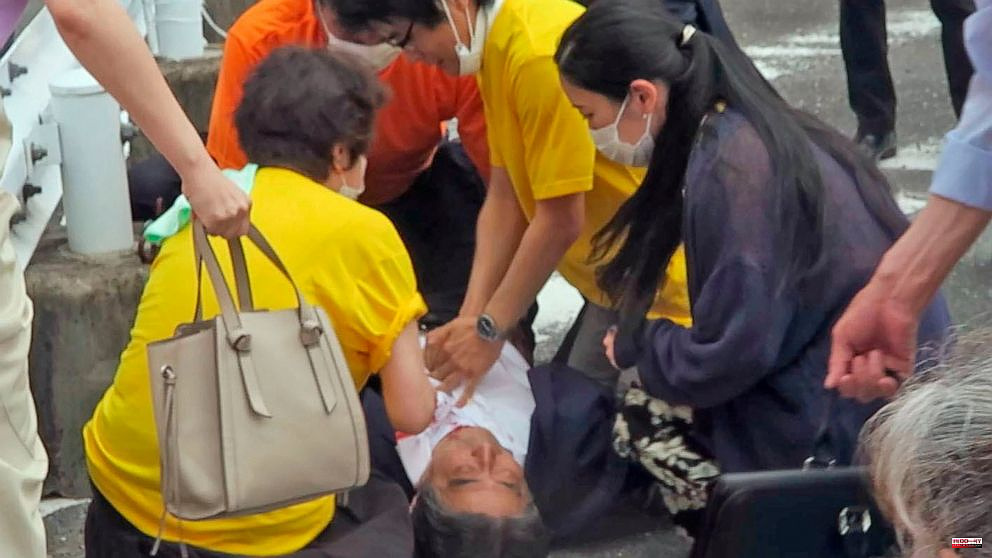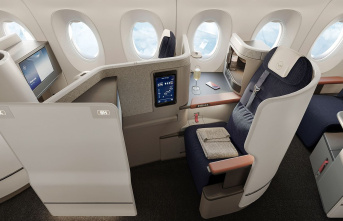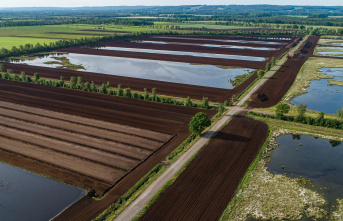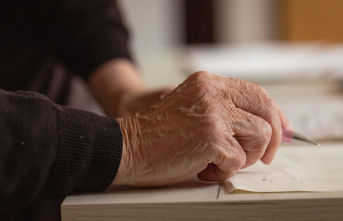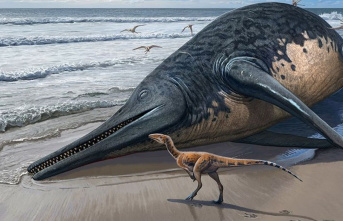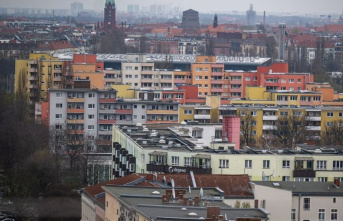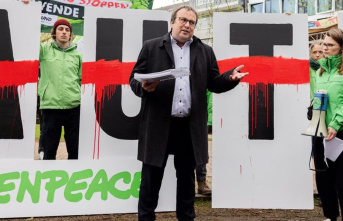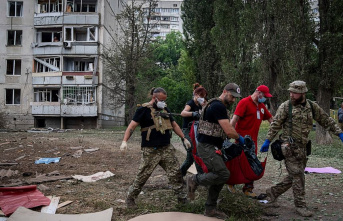TOKYO -- Shinzo Abe, the former Japanese Prime Minister, is an arch-conservative who was also one of the most divisive figures in his country. He was critically injured during a campaign speech in western Japan. Officials said that he wasn't breathing and that his heart had stopped.
The suspect gunman was arrested by police at the scene of an attack that shocked Japan. Japan is considered one of the most secure countries in the world and has the strictest gun control laws.
Fumio Kishida, Prime Minister, said Abe was "gravely ill" and that he hoped Abe would live. After the shooting, Kishida and his Cabinet ministers quickly returned to Tokyo from campaign events in the country. He called the incident "dastardly" and barbaric.
Kishida said to reporters that he was praying for the survival of former Prime Minister Abe.
According to Makoto Morimoto, a local fire official, Abe was 67 years old and Japan's longest-serving leader.
NHK broadcast dramatic footage of Abe delivering a speech in front of a train station outside Nara, a western city. When a gunshot is heard, Abe is standing in a navy suit and raising his fist. The footage shows Abe falling to the ground, as security guards run towards him. His shirt is stained with blood and he holds onto his chest.
The next moment security guards jump on top of the gray-shirted man who is lying face down on the ground. On the ground, a double-barreled weapon that looked like a handgun was seen.
Nara prefectural police confirmed that Tetsuya Yamagami (41), was arrested on suspicion of attempted killing. NHK reported that the suspect was a member of the Maritime Self-Defense Force, where he served for three years during the 2000s.
Another footage showed Abe and his campaign staff. Former leader still holds influence in the ruling Liberal Democratic Party, where he heads Seiwakai, its largest faction. Sunday will see elections for Japan's top house, which is the weaker chamber of its parliament.
Kishida, who struggled with his emotions, said that he used the most harsh words to condemn (the action)." While he said that the government would review the security situation and that Abe was the best protected, he added that Abe was the most important.
Opposition leaders condemned the attack and prayed for Abe’s recovery. People stopped in Tokyo to pick up extra copies of Yomiuri Shimbun newspapers or view TV coverage of the shooting.
Abe, who resigned from his post as prime minister, stated that he had suffered a recurrence in ulcerative colitis since he was a teenager.
At the time, he told reporters that it was difficult to let go of many of his goals. He spoke out about his inability to resolve the Japanese abduction by North Korea years ago, a territorial dispute between Russia and a revision to Japan's war-renouncing Constitution.
This was his last goal.
His ultra-nationalist views riled China and Koreas, while his desire to establish a normal defense posture angered many Japanese. Poor public support prevented Abe from achieving his beloved goal of officially rewriting the U.S.-drafted, pacifist constitution.
Loyalists claimed that Abe's legacy was a stronger U.S.–Japan relationship, which was intended to strengthen Japan's defense capabilities. Abe, despite public opposition, forced his defense goals through parliament.
Abe, a political blueblood, was raised to follow the example of his grandfather Nobusuke Kishi, who was a former Prime Minister. His political rhetoric was often about making Japan a normal and beautiful nation, with a stronger military and a bigger role in international affairs.
Many foreign officials were shocked by the shooting.
Zhao Lijian, the Chinese Foreign Ministry said that China was shocked by the "sudden event." Zhao spoke to reporters during a daily briefing.
While attending the Bali meeting of 20 foreign ministers, Secretary of State Antony Blinken stated, "Our thoughts and prayers are with him,"
Abe stated that he was proud to have led the Japan-U.S. Security Alliance and facilitated the first U.S. president to visit the atom bombed city of Hiroshima. Abe also helped Tokyo win the right to host 2020 Olympics by promising that Fukushima's nuclear disaster was under control when it wasn't.
At 52 years old, Abe was Japan's youngest prime minster. However, his first stint as Japan's premier minister ended abruptly a year later due to his health.
Abe's scandal-ridden first tenure as prime minister ended. This was the beginning six years of leadership changes, which are remembered as an era that saw "revolving door politics" and lacked long-term stability.
Abe, who combined fiscal stimulus, monetary ease, and structural reforms, returned to power in 2012.
Six national elections were won by him, and he held a firm grip on power. This allowed Japan to strengthen its defense capabilities and security alliance with the U.S. He also increased Japan's international visibility and patriotic education in schools.
------
Follow AP's Asia-Pacific coverage at https://apnews.com/hub/asia-pacific

